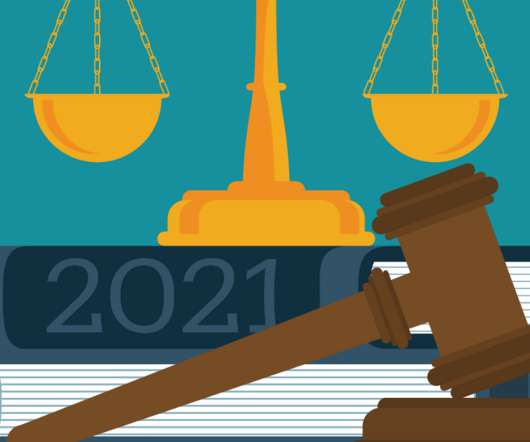Avoid legal issues with compliant job descriptions
Business Management Daily
MAY 8, 2024
However, they also serve some important purposes regarding legal compliance with laws such as the Fair Labor Standards Act (FLSA) and the Americans with Disabilities Act (ADA). Written job descriptions are also crucial for supporting other compliance processes such as disability accommodations, FMLA leave, and compensation management.























Let's personalize your content